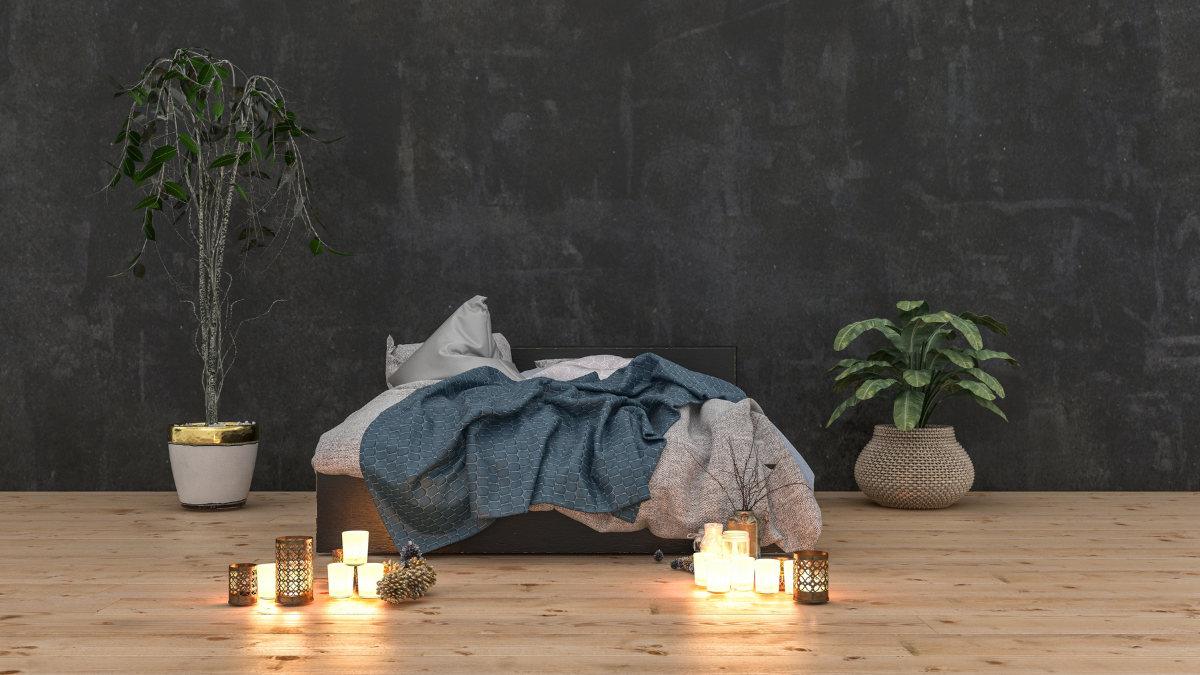Barry’s Start
Barry is startled awake as his alarm jangles loudly. He waits a minute for his heart to stop racing. He rolls over and picks up his cell phone. It’s 6:01 a.m. He scrolls briefly through the news; pandemic numbers are on the rise, many more deaths reported, judges are making crucial decisions about ballots right before the election, and the two opposing parties are throwing fisticuffs in every direction and at every level from government to local rallies.
Barry sighs in disappointment. He doesn’t know what he expected. He wants to get out of bed, but all the bad news is depressing, and he feels like rolling over and trying to go back to sleep. But one final thing before he does; he checks his work email and what he sees there makes him bound out of bed and rush to the laptop in his home office. There he sits, hunched over his keyboard for the rest of the day, harried, stressed, and fighting one fire after the next.
Dante’s Start
Across town, Dante comes to consciousness. No need for an alarm when he sets aside sufficient time for rest. He lays there with eyes closed and listens to the sound of his heartbeat and his breathing. He says a word of thanks for the comfort of his bed and his wife snoring beside him. Before opening his eyes, he does a tension exercise – inhale slowly, intentionally identify and tense every muscle in his body from toes to forehead, hold the tension, slowly release. After doing this three times he opens his eyes. He notes how much darker it is at 6:00 a.m. these days.
Picking up his cell phone he pads over to the bathroom, listening to an inspirational song that makes him feel good. Teeth clean, he sits down on his meditation pillow. He scrolls to his affirmations and recites them. Then he reads his Bible, followed by his Mindful Ninjas reflection for the day and spends time praying and reflecting on the day’s topic. He also ponders the most important things he must accomplish today and visualizes himself having that difficult conversation he needs to have with Joe.
By the time he sits down at his desk at 8:00 a.m., he has had a quick workout, showered, shaved, had his morning coffee and quick breakfast. He is pleased at how much more time he has in the mornings now that he is working from home.
The Takeaway
Often when we think about setting boundaries, it’s in the context of limiting the impact of toxic relationships in our lives. But the most effective boundaries are the ones you set for yourself and relate to your own behavior. Your cell phone is not the problem; it’s how you use it. How you begin your day can set the tone for the rest of it. This week, be intentional in getting enough sleep and setting a healthy routine to start your day.
5 Steps to Guilt-Free Self-Care
Taking time for yourself is not selfish nor should you feel guilty about it. It is especially important in your darkest seasons, when you need to be most centered in order to weather the storms that seek to destabilize you. Ensuring your own wellness is also the best assurance that you will be able to help and serve others. Consider adopting the following 5 steps:
1. Get enough sleep. It’s easy to lose that discipline when you’re home all the time. Authorities on sleep suggest that adults need 8-10 hours of sleep daily. Yes – that much! If you are not sleeping enough, begin by carving out space on your calendar for adequate rest.
4. Wake up unaided. This is time when you are just focused on you. Spending time in meditation or in being mindfully focused on yourself can positively impact your day. While you can do this at any time and should ideally take mindful breaks throughout the day, starting the day with a period of meditation can center you and equip you to face the day from a place of greater peace and calm.
2. Be intentional with your phone. Similar to abandoning good sleep habits, it is easy to abandon good eating habits because you are home all the time. Mindless snacking while parked on the couch binging on TV shows is an easy habit to slide into. Resist! If this proves difficult, create hurdles between you and your temptations. For example, don’t buy junk food and bring it home.
3. Limit the information that accesses you. By default, you had a consistent daily routine when you had to leave home to work. You woke up at a certain hour, hopefully took time for prayer or meditation, perhaps you worked out, consumed the news or some other information, got dressed, left home, and began your workday. Working from home appears to make those routines unnecessary, but many of them are more necessary than ever to prime you for a productive workday, even if your new “job” is looking for a new one and staying positive during the search.
5. Put yourself first. More than ever we are reminded daily that even though we all receive an equal daily portion, tomorrow is not promised for any of us. Give yourself permission to enjoy the luxury of time. Even if you just sit still alone for five minutes each morning and breathe, get started.
Conclusion
When times are tough, it is counter-intuitive to be still. The temptation is to kick everything into overdrive – your pace, your thoughts, your emotions. And yet this is when taking time for stillness and introspection is most critical.


